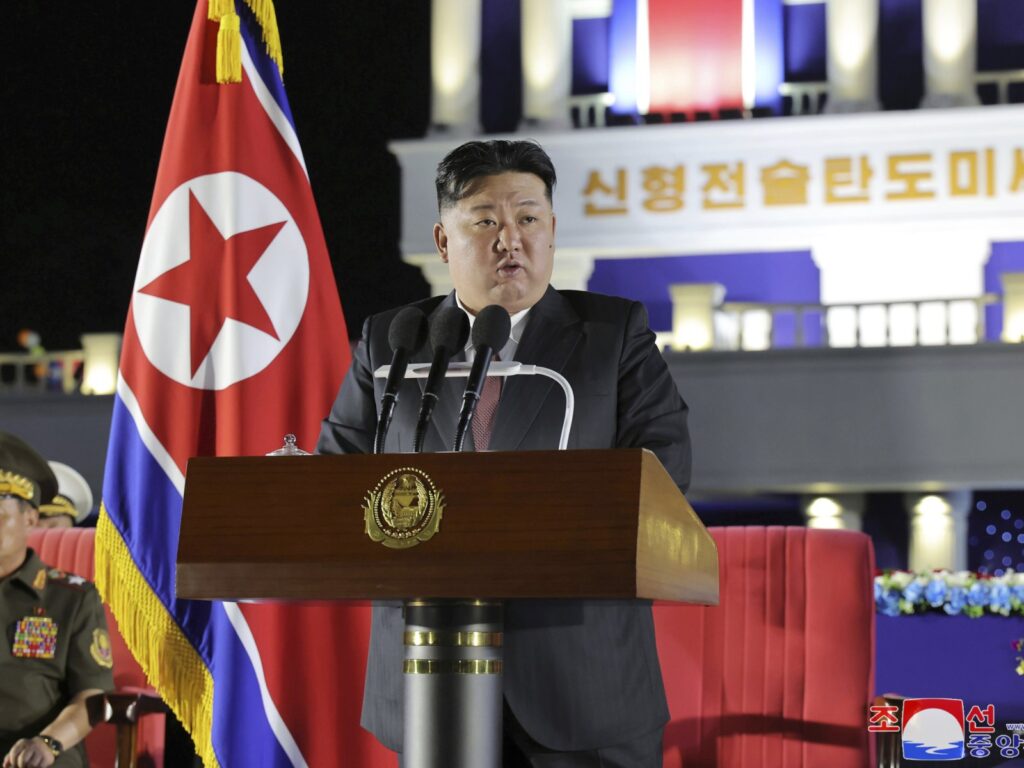North Korea has officially amended its constitution to designate South Korea as a “hostile state,” according to reports from state media. This move, described by the state newspaper Rodong Sinmun as an “inevitable and legitimate measure,” marks a significant escalation in the already tense relations between the two Koreas.

The constitutional revision comes at a time when tensions on the Korean Peninsula are at their highest point in years. On Tuesday, North Korea took the dramatic step of demolishing roads and railways connecting it to South Korea, an action state media characterized as “part of the step-by-step implementation to thoroughly separate [the Koreas].”
While some observers view this constitutional amendment as largely symbolic, it follows a series of statements and actions by North Korean leader Kim Jong Un that have progressively distanced the North from any prospects of reunification with the South. In December 2023, Kim renounced the idea of unification, describing inter-Korean relations as “a relationship between two hostile countries and two belligerents at war.” By January, he had declared unification with South Korea impossible and hinted at constitutional changes to designate the South as the “principal enemy.”
Bruce Bennett, a defense analyst at Rand Corporation, noted that the term “hostile states” has characterized North Korean communications for almost a year. He told the BBC, “It was a significant development when announced at the end of 2023, as it raised the risks of confrontation and the potential for an escalation spiral.” Bennett added that since then, Kim and his sister have made numerous nuclear weapon threats against South Korea and the United States, further escalating tensions.

Many analysts had anticipated Pyongyang to make constitutional amendments regarding unification and border policies at a recent Supreme People’s Assembly (SPA) meeting, but no such changes were publicized until now.
Despite the escalating rhetoric and actions, experts remain skeptical about the prospect of a full-blown war. Professor Kang Dong-wan from Dong-a University in Busan suggested that “North Korea is exploiting military confrontation to strengthen internal cohesion” rather than preparing for actual conflict. Similarly, Professor Kim Dong-yup from the University of North Korean Studies in Seoul questioned North Korea’s ability to initiate a full-scale war, noting that “The regime is well aware of the severe consequences such a conflict would bring.”



